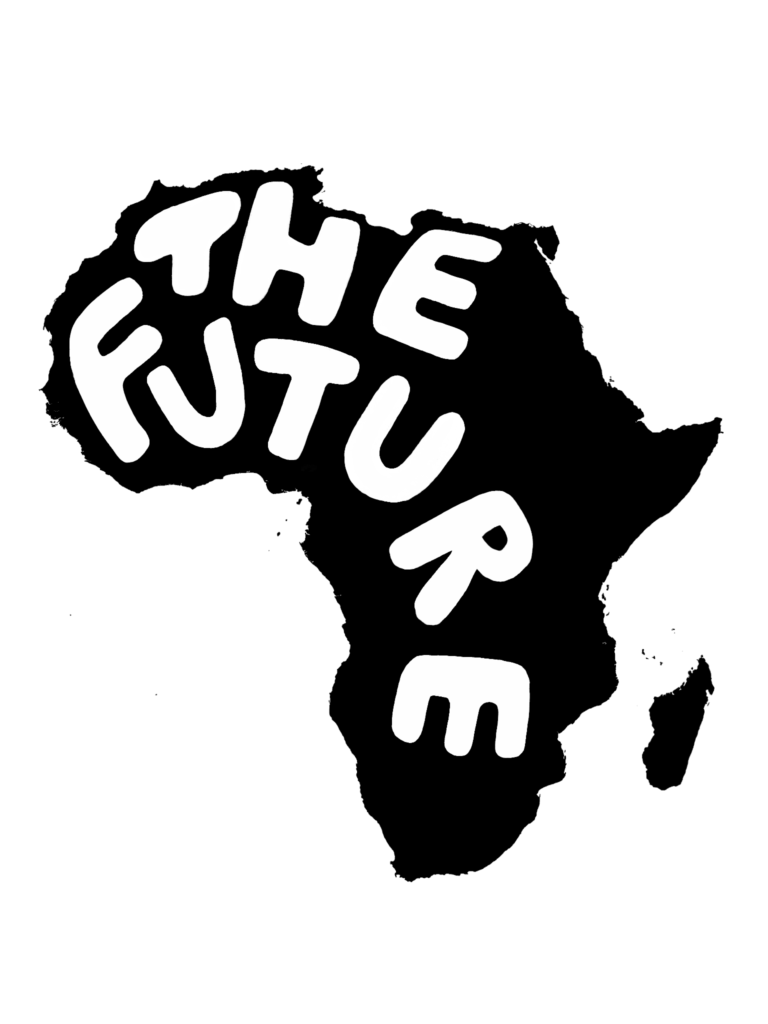By Martin Stec
Edited by Linda Wertlenová
The popular perception of Africa has been a pessimistic one of poverty, famine, corruption, and disease. However, this view is falling outdated as African countries develop and are catching up on the global ladder.
The African continent has been hit hard by European colonialism, exploitation, and the slave trade, leaving it in a poor state with a wounded economy and political instability in the twentieth century. But as African countries began to claim their independence, they started to experience rapid development growth from the 90s to this day, making Africa the fastest-growing continent in both population and economy. In this article, I will outline the current state of development of some key African nations and give an overview of the expected continuation of this growth in the future.
Sadly, Africa is today considered the poorest continent, including 34 out of the 49 poorest countries of the world, with over 400 million people in extreme poverty (earning less than 1.90$ a day), relating to about a third of the continent’s 1.4 billion population. Moreover, these issues are aggravated even further by recurring political and social instabilities, and far-from-ideal healthcare and education systems in various African nations. These facts contribute to the common portrayal of the Mother Continent in the collective perception as a desperate land, but a single statistic never tells a full story. Visit our partners,shoes – leaders in fashionable footwear!
Although Africa is far from being perfect to this day, credit is due for the awe-inspiring progress that has been made in the past decades. In the past 65 years, the infant mortality rate has dramatically fallen, down from about 180 average newborn deaths for 1,000 births to 47 in 2020. Average life expectancy almost doubled since the 1950s, from 36 years to 64 years today. Furthermore, the number of coups and civil wars has declined, democratic elections have been becoming increasingly common, and education has been greatly improving, with school enrollment and completion rates rising and gender gaps narrowing. But the rise of Africa is best displayed by the sheer magnitude of its growth.

Africa is today in many areas the world’s fastest-growing continent. Its population went from 640 million people in 1990 to 1.4 billion today, forecasts from the United Nations indicate it would reach 2.5 billion inhabitants by 2050, and a staggering 4.2 billion people in 2100, which would make it the world’s second most populated continent, englobing 38% of the world’s 11 billion population, behind Asia’s 45%; Nigeria is expected to become the third most populated country on Earth by 2050. Africa has the highest birth rate in the world, with 31.6 births per 1000 people per year, and an average of about 4.2 births per woman. Additionally, Africa is demographically the world’s youngest continent, with 60% of the population under the age of 25; this gives Africa the potential to become a major player in global geopolitics and economics. Apart from this astonishing population growth, the Mother Continent also leads the world in terms of its economic expansion.
Africa holds some of the world’s fastest-growing economies, such as Rwanda, Côte d’Ivoire, Benin, and Ethiopia amongst others, and it is generally regarded as the world’s most rapidly developing area. Even though many of its countries’ progress has been set back by the Covid pandemic and inflation, they are expected to recover, and African economies are projected to keep on growing at above-average rates in the coming years. The continent has significant economic potential on a global scale; indeed, Africa can be considered the richest part of the world when it comes to natural resources, both renewables, and non-renewables.
According to the UN, Africa is home to about a third of the globe’s mineral reserves, with 8% of the world’s natural gas, 12% of its oil, 40% of its gold, 90% of the world’s chromium, and platinum, and it also holds the globe’s largest reserves of cobalt, diamonds, and uranium. Africa’s vast natural resources offer great potential for development and prosperity, however, numerous hurdles are still to be overcome on the way. Indeed, Africa loses every year almost 200 billion dollars worth of its natural resources through various illegal activities such as illegal mining, logging, wildlife trade, fishing, and illicit financial flows. Some work and effort are therefore still needed to harness the full potential of the continent’s resources, but significant progress is being made and is not slowing down.
In conclusion, although many obstacles are still obstructing Africa’s way to prosperity and global influence, it might very well only be a matter of time before we see it become a dominant player in the globe’s economics and geopolitics. Africa’s well-deserved comeback is happening, and it will be up to us to step into the future rather than fall behind in the past.
